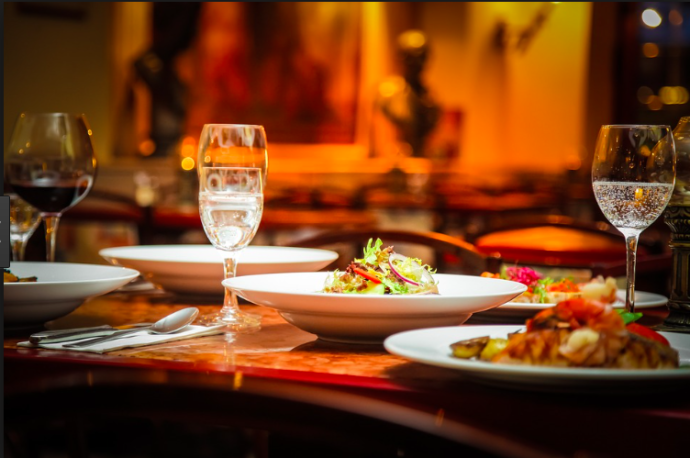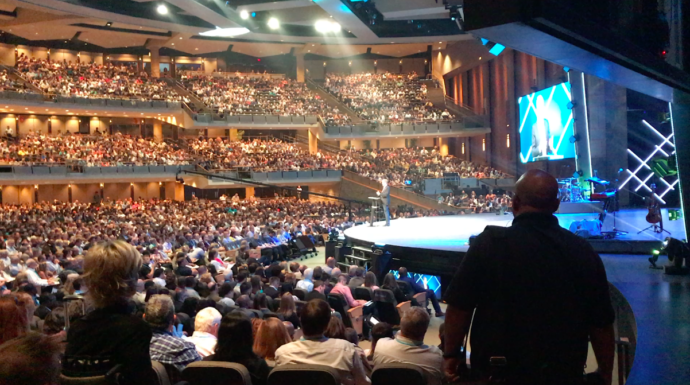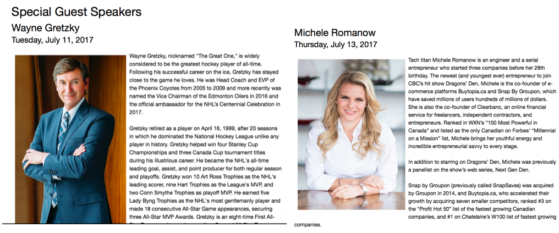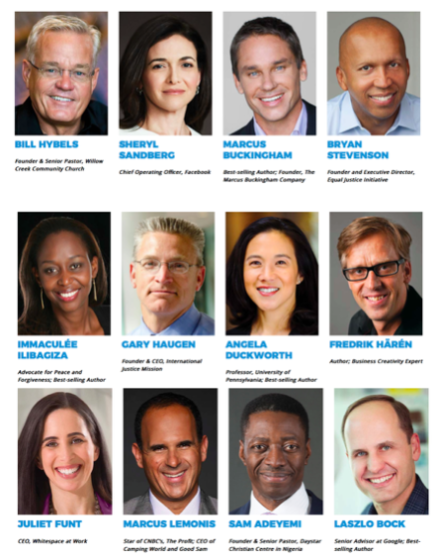
A 3-star Michelin restaurant never worries about competition from a local diner or a fast food joint, so why are 10 000 USD speakers worrying about competition from 1000-2000 USD speakers?
The last couple of days I have been mentoring two 10 000 USD speakers as part of my “inner theme speaker mentoring program”.
When I say “10 000 USD speakers” I mean that is their fee for one speech, and though I would never define a speaker based on his or her fee alone, I choose to talk about these speakers in those terms in this post (instead of, for example, mentioning the themes they speak on) as to not reveal their identities.
Both of the 10 000 USD speakers that I mentored mentioned that the reason they were not getting as many speeches at they wanted at the moment was that they were seeing competition from cheaper speakers.
I think this mindset is very dangerous.
A 3-star Michelin restaurant is, in a way, in competition with a local diner or a fast food joint, but it is more relevant to say that the 3-star Michelin restaurant is in completion with OTHER 3-star Michelin restaurants.
And I think it is the same with people who book speakers. If you are organising a top notch global conference and are looking to book speakers for your event the fact that a speaker is charging 10 000 USD or 1 000 USD is not going to be the deciding factor for which speaker you book.
The deciding factor will be: “Will this speaker deliver a world class speaker experience?”
And if the answer is “Yes!” then the fee is not a problem.
But if you, as a 10 000 USD speaker, start to compare yourself with 1 – 2000 USD speakers, you are going to start to doubt yourself, you will begin to compare yourself with the wrong competitors and you will be pulling yourself down – instead of pushing yourself forward.
(This is of course only true for the speakers who really ARE 10 000 USD speakers (i.e. has actually consistently charged that much to happy clients), not speakers who “think of themselves as 10 000 USD speakers” ….)
In this blog post I am, of course, using the “10 000 USD speaker” just as an example, it doesn’t matter if your speaker fee is 1000, 5000, 10 000 or 50 000 USD, my point is that as a speaker you should benchmark with other speakers who charge the same as you – or who charge more than you.
It’s about taking pride in what you have achieved as a speaker and about aspiring to always grow to become a even more sought after speaker.
And yes, there can sometimes be downward pressure from speakers offering to speak for a lower fee, but it is my experience (and I have been doing this for more than 20 years) that the reason a speaker looses a potential speaking gig is very seldom because “another speaker offered a lower price”.
It’s because the speaker was not perceived as being of high enough standard. (Which you could argue is just a different side of the same coin, but I think the lessons drawn are totally different.)
Very few 3-star Michelin restaurants loose customers because other restaurants in town are cheaper. They loose customers because the perceived value is not there and clients go to other 3-star Michelin restaurants instead.
So if you see your bookings start to go down as a speaker, do not blame the competition or price pressure from cheaper speakers. Blame yourself and ask yourself: “How can I upgrade myself to a 3-star Michelin Speaker again?”



